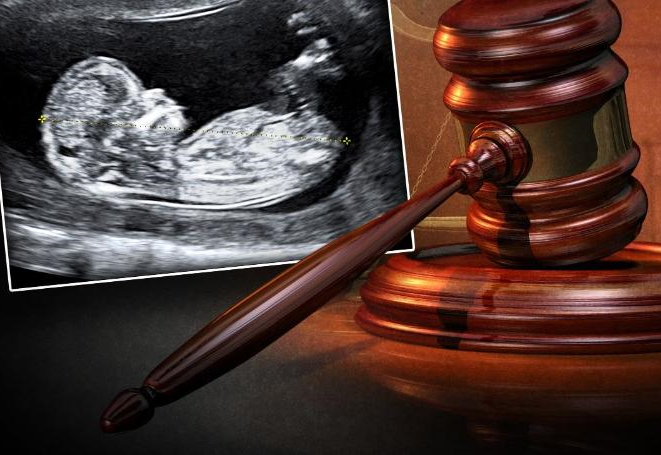The pro-life movement received a victory today as the Supreme Court rejected a Planned Parenthood legal challenge to an Arkansas pro-life law that could close two abortion clinics.
The Arkansas law is similar to a Texas law that the Supreme Court previously struck down that requires abortion clinics to protect the health of women and unborn children.
Arkansas and the abortion business Planned Parenthood of the Heartland have been involved in a court battle over the law since December 2015. The law requires abortion facilities to follow Food and Drug Administration guidelines when administering abortion drugs. It also requires that abortion doctors who dispense the drugs maintain contact with another doctor who has hospital admitting privileges in case of patient emergencies.
After a federal appeals court turned back Planned Parenthood’s legal challenge, the Supreme Court did so today.
The Supreme Court on Tuesday left in place an Arkansas law that restricts medication-induced abortions, refusing to hear a challenge brought by Planned Parenthood.
The court refused to hear the case without providing an explanation.
Planned Parenthood of Arkansas and Eastern Oklahoma had challenged the law, and compared it to a measure in Texas struck down by the Supreme Court in 2016.
The law could stop abortions at two abortion clinics in Arkansas, leaving it with one abortion clinic left. That’s partly because Arkansas doctors don’t want to affiliate with the Planned Parenthood abortion company.
Arkansas has three abortion clinics. One, in Little Rock, offers both medication and surgical abortions. The others, in Little Rock and Fayetteville, offer only medication abortions.
In its appeal to the Supreme Court, the local Planned Parenthood affiliate said it contacted every qualified doctor it could identify. No one of them, the group said, was willing to enter into the contract required by the law.
Students for Life of America spokesperson Kristi Hamrick told LifeNews her groups is happy with the high court’s decision.
“The Supreme Court’s decision to let commonsense health and safety standards remain in force in Arkansas is a victory for women,” she said. “Abortion vendors should all be required to have a plan in place for providing emergency medical care if a woman’s life is endangered by abortion. Abortion vendors complain that holding them accountable for their sloppy standards might result in some clinics closing, which just goes to illustrate how anti-woman the abortion industry really is. Of course dangerous clinics that endanger women should be closed. Of course states should be celebrated when they make laws that protect women and their preborn infants. Pregnancy is not a disease cured by abortion, and women should not be exposed to deadly practices just to keep abortion vendors in business.”
Last summer, Arkansas Attorney General Leslie Rutledge asked the federal circuit court to overturn the judge’s ruling and allow the law to go into effect. The attorney general argued that the lower court judge’s ruling was based on “clearly erroneous” findings.
PRO-LIFE COLLEGE STUDENT? LifeNews is looking for interns interested in writing, social media, or video creation. Contact us today.
In the appeal, the state argued that abortion drugs can result in serious complications, including incomplete abortions and the death of the woman. The state attorneys said Planned Parenthood sometimes refers patients who are experiencing complications to other abortion facilities or the emergency room, but it “cannot guarantee another provider will care for the patient.” They argued that the state law is necessary to protect patients in such cases.
The abortion drug RU-486 has a high complication rate and can be deadly to the mother as well as her unborn baby if complications are not treated. According to the FDA, at least 14 women have died and 2,207 women have been injured by the drug in America.
Rose Mimms, executive director of Arkansas Right to Life, previously told LifeNews that the abortion drug has killed almost 2,000 unborn children since Planned Parenthood of the Heartland moved in to Arkansas in 2012.
“It is clear that Planned Parenthood of the Heartland came to [Arkansas] to perform abortions,” Mimms said. “In Arkansas, they are the primary provider of abortion using the chemicals known as RU-486, and they want to do it their way, not following the protocol that the FDA developed when the abortion drugs were first approved in 2000.”








